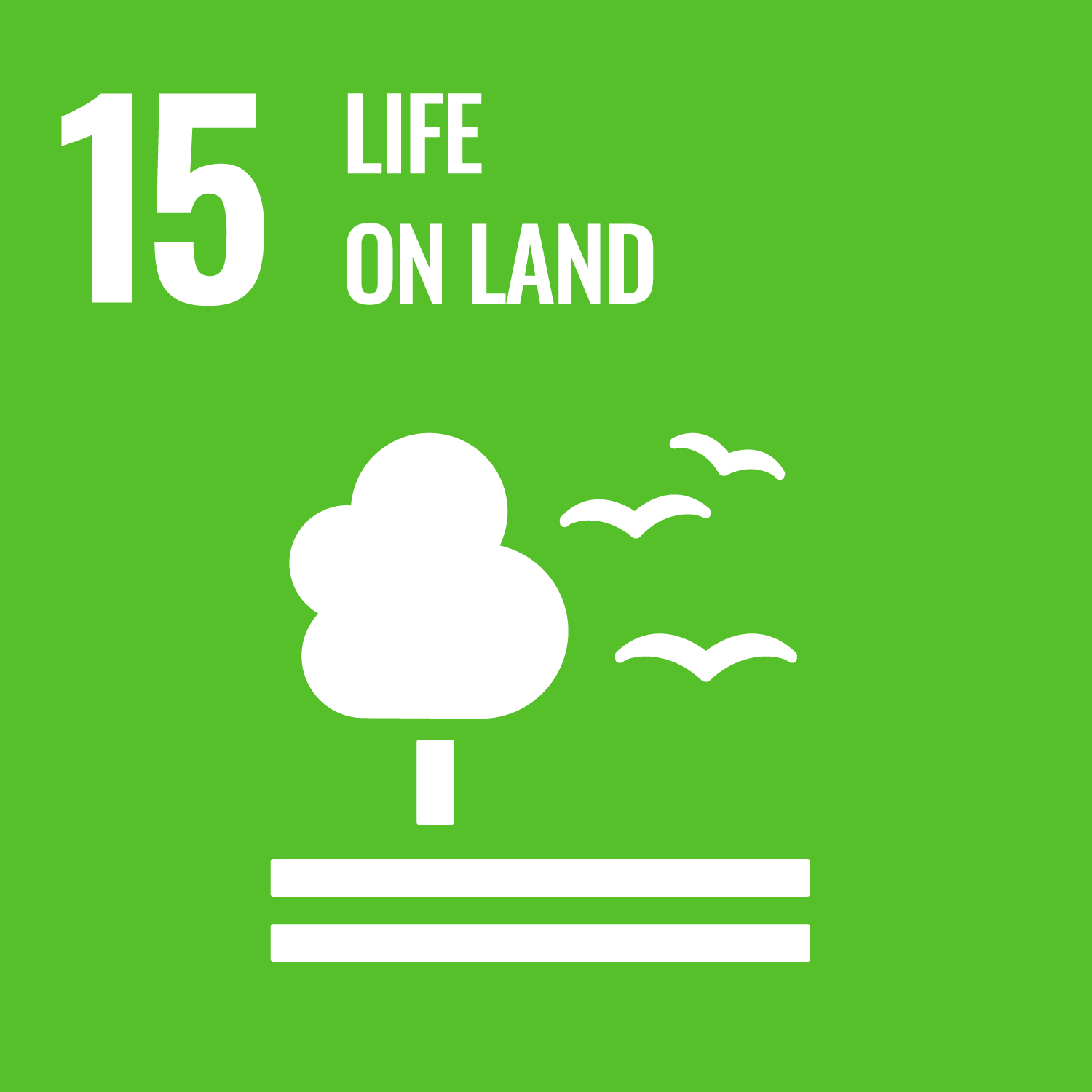The subject of “Environmental System” is extensive and deeply related to human life and society. The course requires students
to study their own research subject and write a thesis or complete design drawings under the direction of a supervising professor
and associate supervisor.
Students are expected to choose and set their own research subject regarding architecture, urbanism, environmental studies,
social science studies. Students should develop the idea, knowledge, technique collected in 4 years of study in the colledge,
write a thesis or complete design documents and make a presentation.
- Summarizes studies and educational experiences in the college, set out the appropriate research subject
- Execute logical thinking through assumption, research, experiment, and inspection on the selected subject
- Draw up an appropriate research summary on the subject and conclusion. Make a clear presentation to the audience including supervising professors
- Active and autonomous research attitude should be expected.
- Students are able to evaluate the themes and results of their own research not only from the perspective of their area of specialization, but also from global, cross-disciplinary, and interdisciplinary perspectives, using systems thinking to evaluate multiple aspects and explain the significance of their work.
持続可能なエネルギーシステムを構築するためには、エネルギーの供給側と需要側の双方の努力が不可欠です。供給側は、化石燃料から再生可能エネルギーにシフトさせる必要がありますが、再生可能エネルギーは出力が不安定なため、導入に向けた技術的・社会的課題が山積しています。また、需要側においても省エネ努力やエネルギー供給状況に応じた需要制御が求められています。
【機器によるエネルギー需要制御】
再生可能エネルギーが大量に導入される社会を見据えて、蓄電池やヒートポンプ給湯器などを活用したエネルギー需要制御システムの設計に取り組んでいます。数理計画手法に基づくエネルギー需要制御シミュレーションモデルの開発や、実証実験によるモデルの検証を行っています。
【行動変容によるエネルギー需要制御】
頭ではわかっていても、行動には移さないという経験はありませんか?社会心理学や人間行動学の観点から、エネルギー需要制御に資する行動変容を促すために有効な手段を検討しています。
【機器によるエネルギー需要制御】
再生可能エネルギーが大量に導入される社会を見据えて、蓄電池やヒートポンプ給湯器などを活用したエネルギー需要制御システムの設計に取り組んでいます。数理計画手法に基づくエネルギー需要制御シミュレーションモデルの開発や、実証実験によるモデルの検証を行っています。
【行動変容によるエネルギー需要制御】
頭ではわかっていても、行動には移さないという経験はありませんか?社会心理学や人間行動学の観点から、エネルギー需要制御に資する行動変容を促すために有効な手段を検討しています。
| Activities, presentations, accomplishments, in each laboratory | Mid-term Review | Synopsis | Thesis | Presentation | Total. | |
|---|---|---|---|---|---|---|
| 1. | 5% | 5% | 5% | 5% | 5% | 25% |
| 2. | 5% | 5% | 5% | 5% | 5% | 25% |
| 3. | 5% | 5% | 5% | 5% | 5% | 25% |
| 4. | 5% | 5% | 5% | 5% | 5% | 25% |
| 5. | 0% | |||||
| Total. | 20% | 20% | 20% | 20% | 20% | - |
Evaluation should be done with the Activities, presentations, accomplishments, etc. in each laboratory, mid-term review, the
synopsis, the thesis and the presentation.
| ways of feedback | specific contents about "Other" |
|---|---|
| Feedback in the class |
- Laboratory seminar guided by the supervising professor
- 原則として、日曜日を除く
Regionally-oriented graduation thesis, master's thesis and doctoral dissertation
- Course that cultivates an ability for utilizing knowledge
- Course that cultivates a basic problem-solving skills
- Course that cultivates a basic self-management skills
| Work experience | Work experience and relevance to the course content if applicable |
|---|---|
| Applicable | エネルギー資源の開発・調達から需要地における消費に至るまでのエネルギーシステム全体に関する評価研究に従事してきた経験を生かした研究指導を行う。 |










- 4.QUALITY EDUCATION
- 7.AFFORDABLE AND CLEAN ENERGY
- 9.INDUSTRY, INNOVATION AND INFRASTRUCTURE
- 10.REDUCED INEQUALITIES
- 11.SUSTAINABLE CITIES AND COMMUNITIES
- 12.RESPONSIBLE CONSUMPTION & PRODUCTION
- 13.CLIMATE ACTION
- 15.LIFE ON LAND
- 16.PEACE, JUSTICE AND STRONG INSTITUTIONS
- 17.PARTNERSHIPS FOR THE GOALS
Last modified : Sat Mar 23 04:05:51 JST 2024
